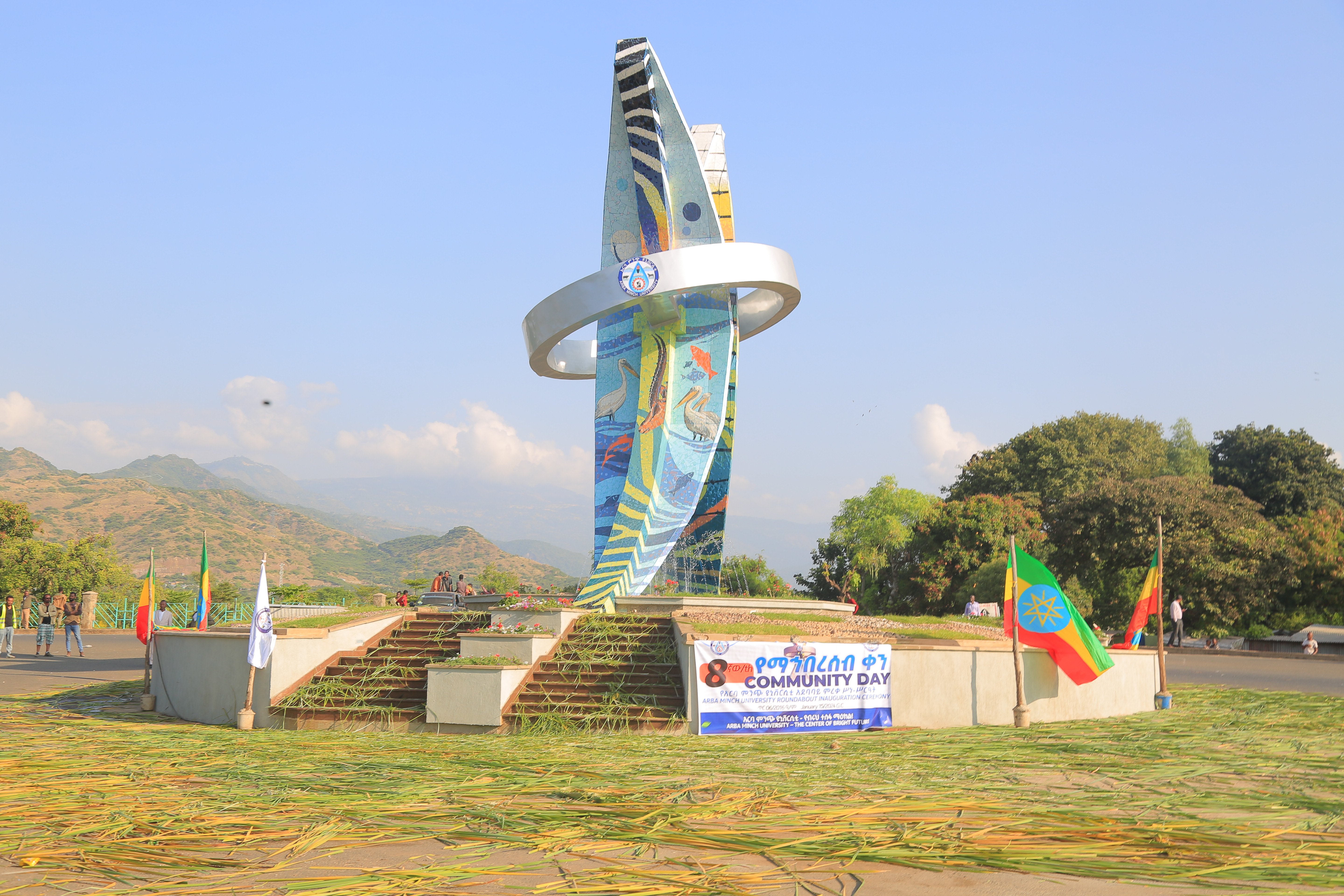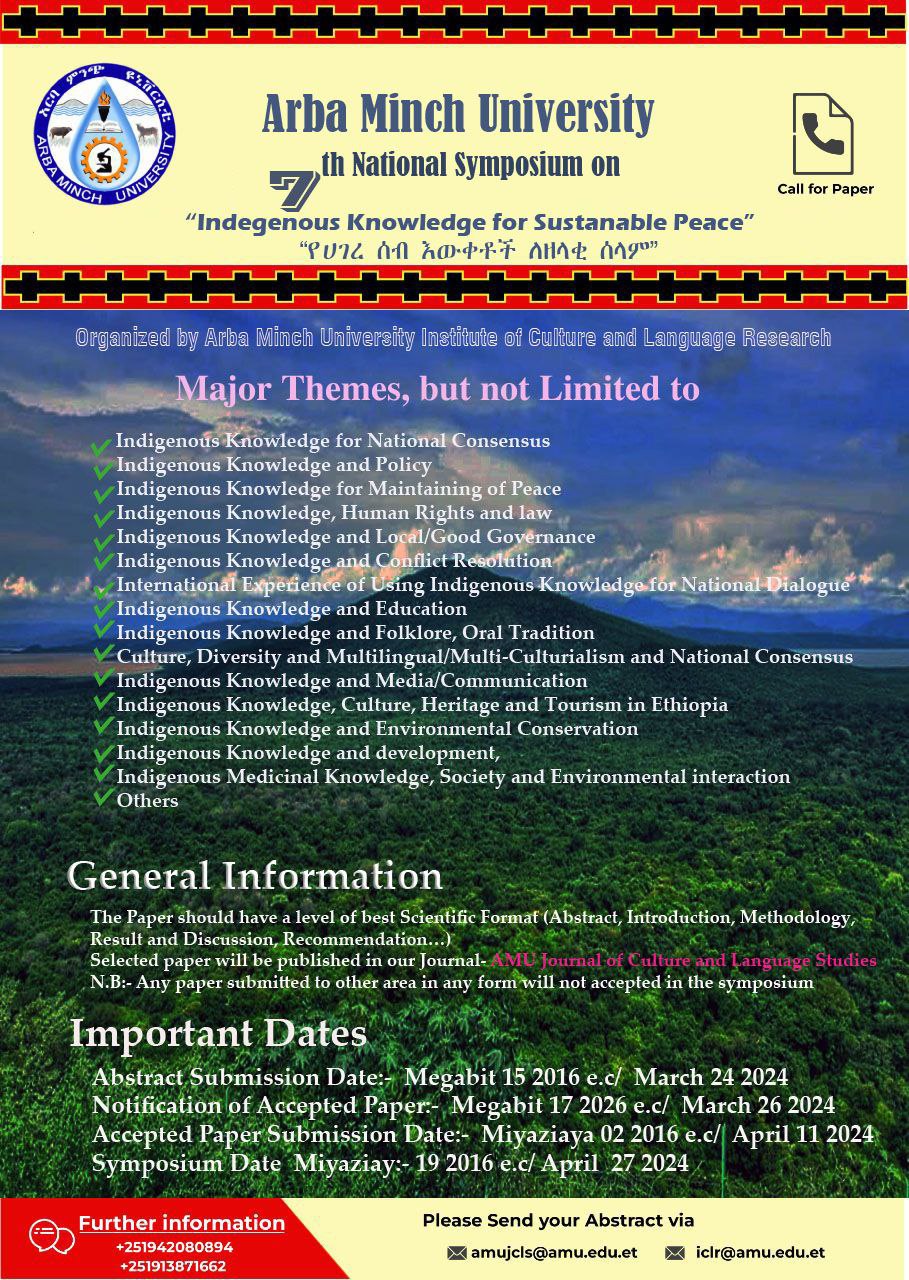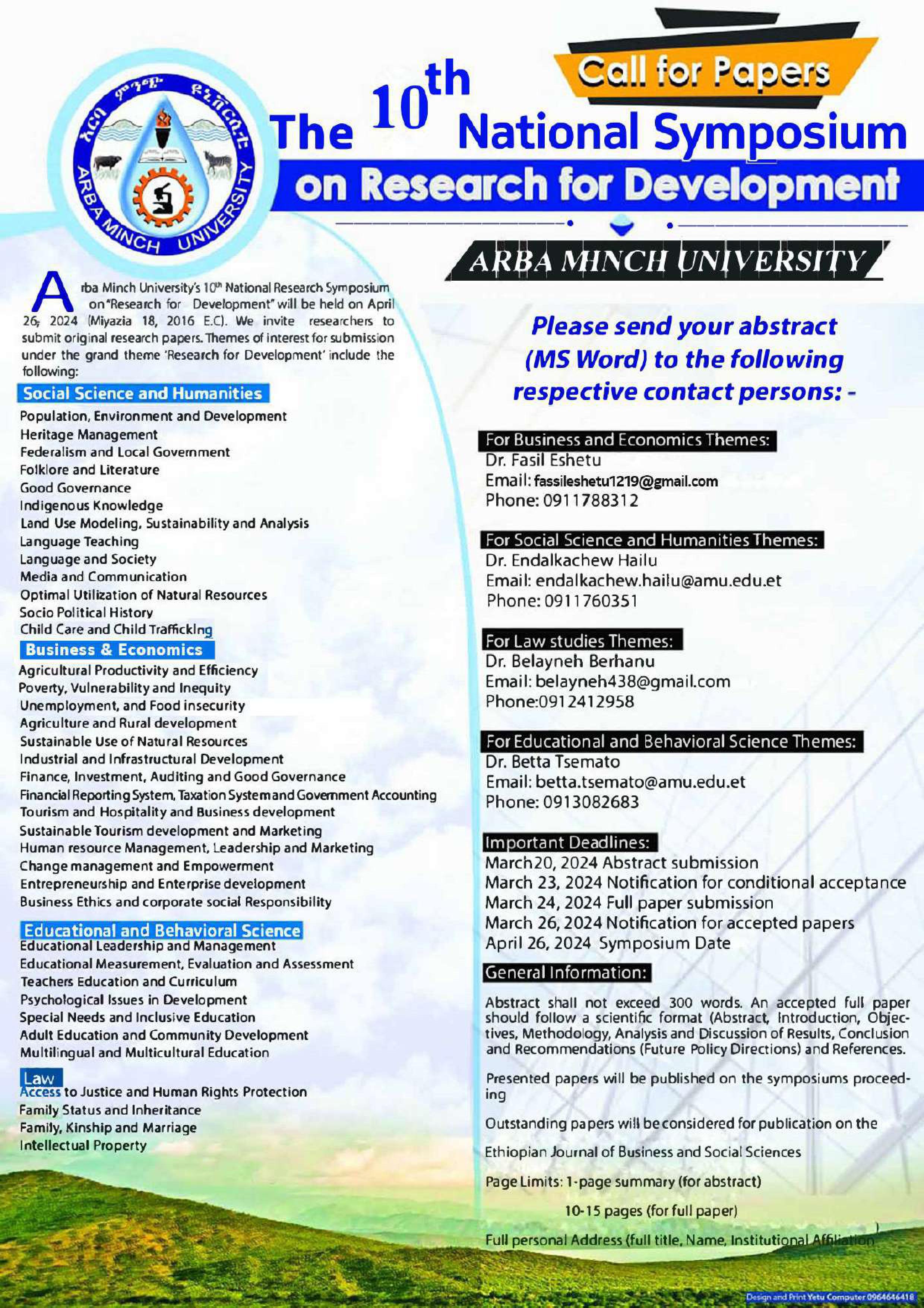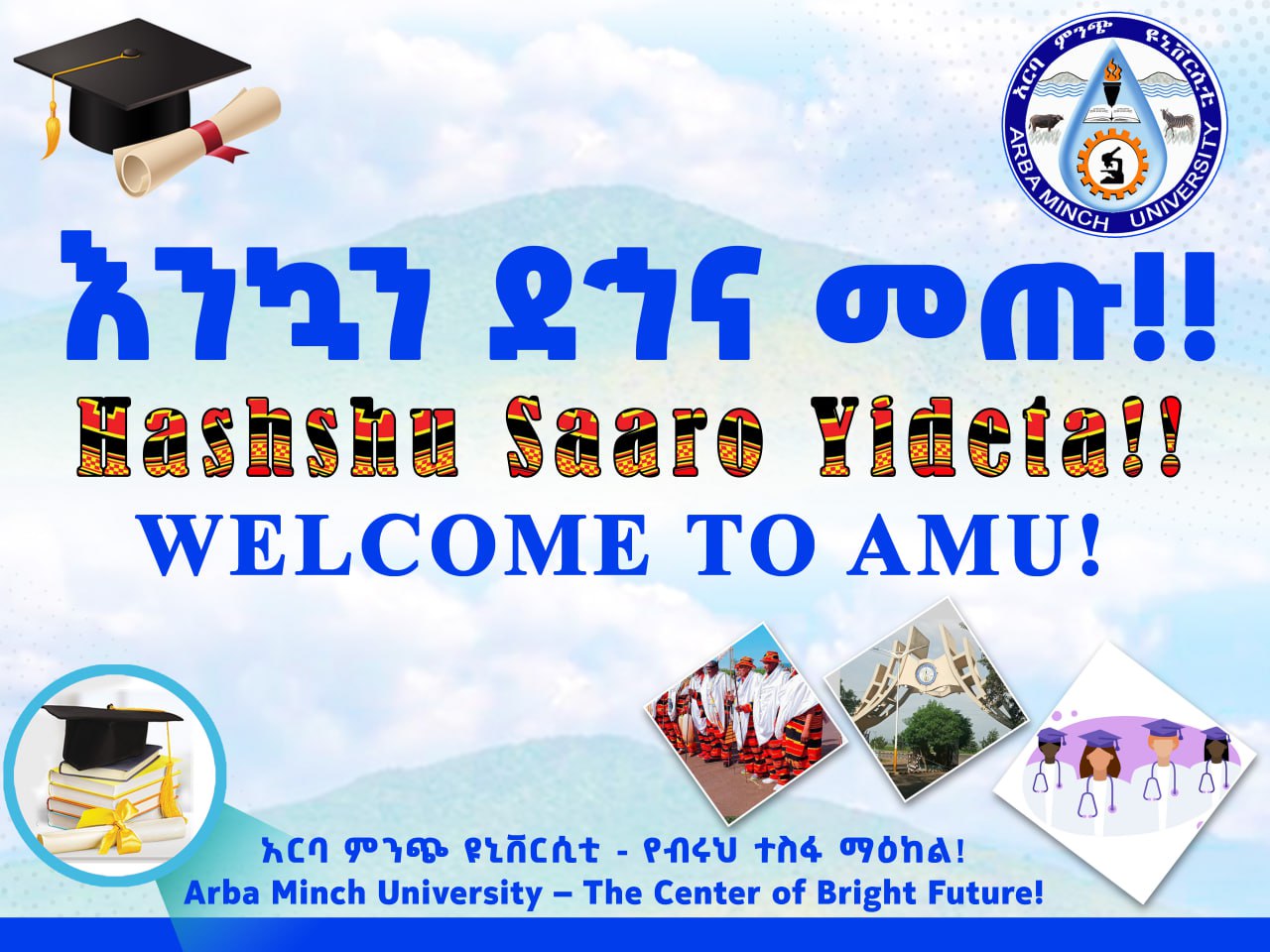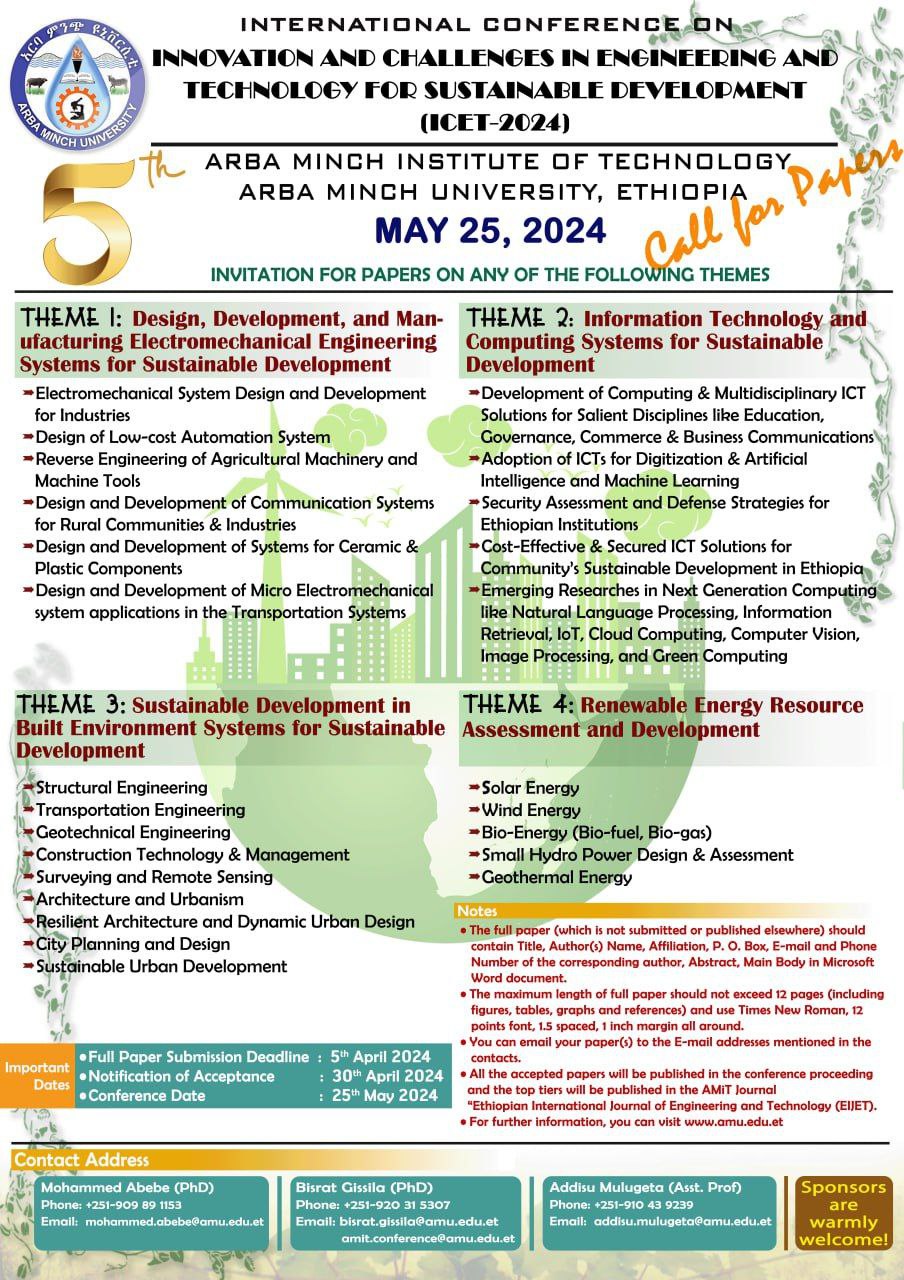AMU-IUC formulation aimed at fine-tuning VLIR-UOS-funded project proposals has identified core areas to strategically address them for desired impact in Southern Ethiopian Rift Valley. The process beginning on 30th March, 2016, went through a weeklong brainstorming to finalize the proposals to be submitted on May 9, 2016. Click here to see the Pictures.
Flemish project leaders, Prof. Fredrik Questier and Prof. Matthieu Kervyn from Vrije Universiteit Brussel; Prof. Miet Maertens and Prof. Luc De Meester from KU Leuven; Prof. Jean Pierre Van Geertruyden from Antwerpen and Prof. Geert Janssens from Gent University along with AMU’s Dr Guchie Gulie, Dr Fantahun W/Senbet and six project leaders successfully accomplished the mission.
First project, ‘Improving teaching and research processes of AMU by enhancing ICT and library automation,’ will develop human resources and conduct short technical trainings for ICT, library staff. It will establish mirror database at Chamo Campus and a high computing server for research purpose; other devices and PhD scholarships will also be acquired, Dr Hussein Seid, informed.
Second project, ‘Embracing ethnic diversity to streamline livelihood strategies,’ would dwell into areas like rift-shock & uncertainty, low-labor & land productivity and poor rural institutions. It will further study livelihood of rural community, basic strategies and constraints. Root causes like education, human capital, erosion and natural calamities will also be studied, Mr Ashenafi Duguma Feyisa, said. Identified experts using multi-disciplinary approach will build capacity; launching PhDs, short-term trainings and community service will serve the purpose, he added.
‘Improving maternal and child health in Southern Rift Valley,’ will look into core areas i.e. nutrition, maternal and child health services. Sub-components of child health services like child nutrition with its underlying micro and macro nutritional deficiencies and infectious diseases wil be addressed. The project will advocate for nutrition-sensitive agriculture where nutrition output will be evaluated and efforts made to enhance it, said leader, Mr Wanzahun Godana.
Third project, ‘Reversing land degradation for sustainable economic development,’ leader Mr Dereje Elias, said, erosion vulnerability mapping & potential, sedimentation & transportation and focus areas i.e. Baaso and Elgo rivers from Abaya and Chamo watershed catchments will be investigated and conclusive recommendations will be made.
Dr Yisehak Kecharo, on project, ‘Improving agricultural productivity in Southern Ethiopian Rift Valley,’ said, improving performance of livestock, crop productivity and reduce post-harvest losses in both agricultural produce and livestock are to be examined.
He further, said, it will provide tool for identification, performance of proper feeding, genetic and health strategy by scrutinizing limiting factors of crop productivity, soil fertility, agronomic practices, diseases, insects and pests, etc.
Local capacity of applied research to be built by launching PhDs, short-term trainings, post-doc research and community awareness on increasing productivity will improve food security in and outside Southern Rift Valley, he averred.
Similarly, the sixth project, ‘Biodiversity conservation for sustainable development,’ will study terrestrial habitat ecosystem, lakes, wetland along with invading species like Nechsar Park bush encroachment. In high and lowland, investigations will be based on species composition and traits as well as functional eco-system service.
On wetland, physical extent will be mapped; buffer zone and traits of human to be studied. Bush encroachment and water quality analysis are slated in 2nd phase, Mr Seyoum Getaneh, revealed.
(By Corporate Communication Directorate: Philips Joseph)
